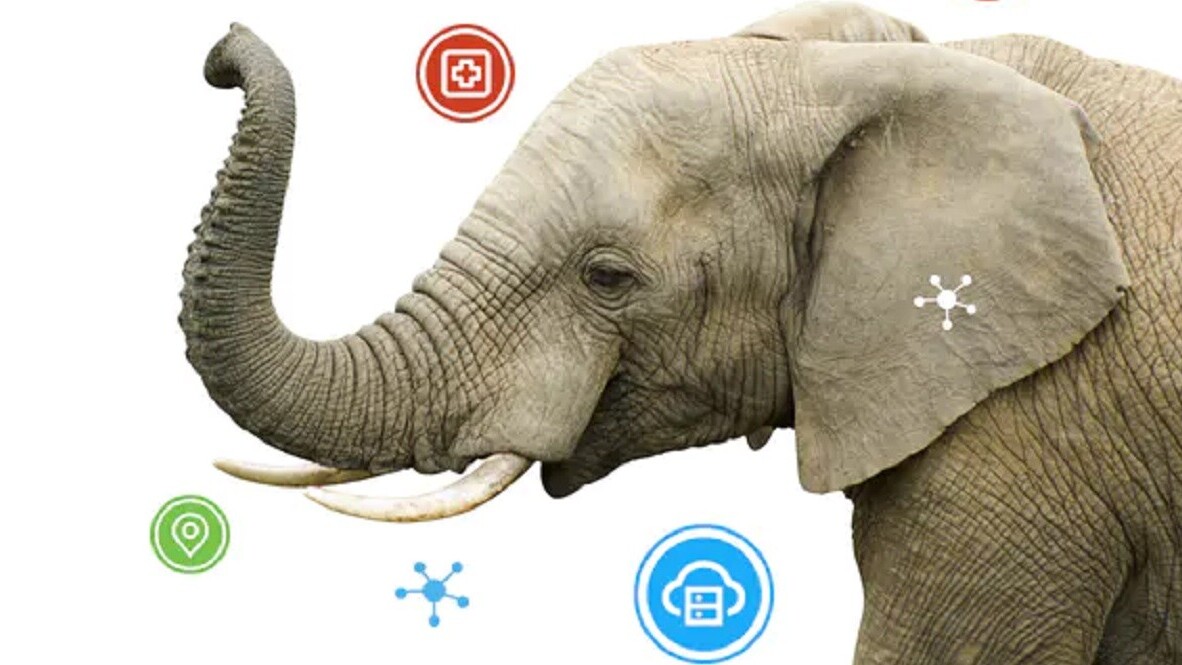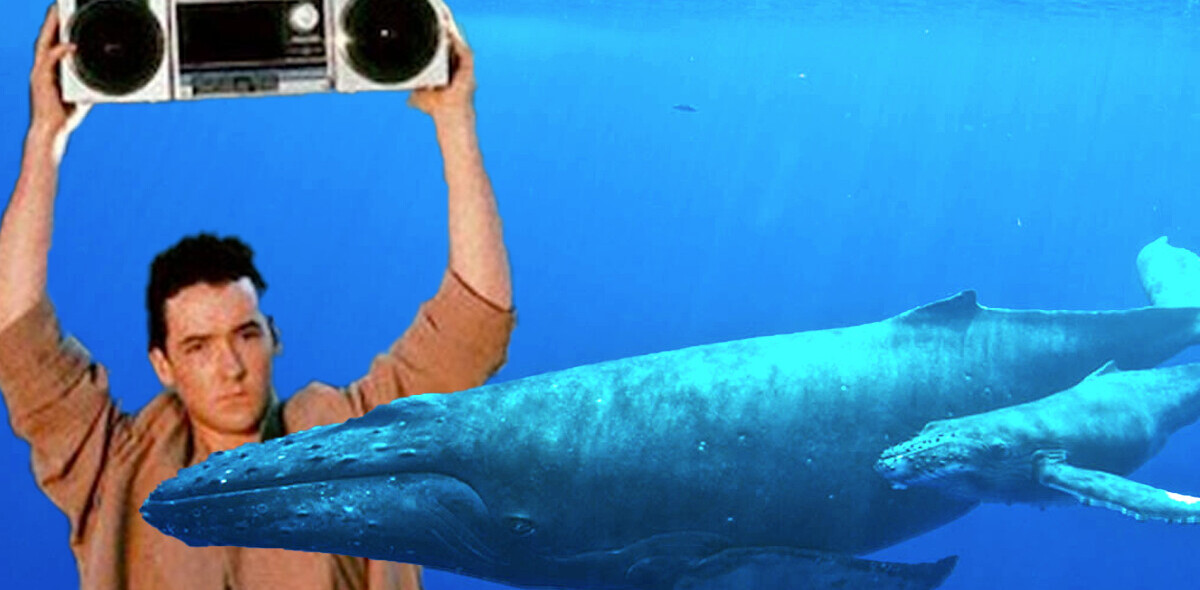At present, more African elephants are dying than being born. Over the last century, the world’s elephant population has declined 97% from trophy hunters, ruthless ivory mercenaries, and even terrorist groups. The Wildlife Conservation Society has pointed out that the global ivory trade leads to the death of up to 35,000 elephants a year in Africa. It’s easy to point a finger at China as the biggest market for poached ivory in the world, yet only five years ago more than a ton of confiscated ivory was crushed in New York’s Times Square by the Wildlife Conservation Society.
To make matters worst, in 2017 the Trump administration rolled back the ban on hunting elephants’, allowing elephants remains to be imported into the United States. Last week, PETA released a new undercover investigation that revealed video footage of a California man gunning down a curious young elephant just outside Kruger National Park in South Africa, where no hunting is allowed. And if that wasn’t enough, United Parcel Service, a company we all use and trust, makes itself available to ship elephant body parts to America for wall decoration.
No matter the carnage and loss, there are still significant illegal markets for ivory in Vietnam, Myanmar, Laos, often funneling into China and now with the economic hardship facing society due to the pandemic, the availability of ivory could increase. The impact of renewed illegal trade in elephant ivory may be far more grave than predicted by economic models alone and the long-term impact of poaching elephants will be catastrophic to the species. We’re talking extinction in less than 20 years – it’s war.
What we do next matters
Many organizations like Save The Elephants, The World Wildlife Fund, Vulcan’s Park Ranger, and PETA are doing epic work to raise awareness, fund park rangers, and do everything they can to save one animal at a time.
We are reaching a point where every action counts and these organizations need more support. One of the most notable updates to the fight for saving wildlife has been led by a small organization called Smart Parks. This Dutch-based team, led by Tim Van Dam and Laurens de Groot, launched the OpenCollar.io initiative, which aims to deliver an open-source repository for animal trackers. OpenCollar shares the design, support, and deployment of open-source tracking collar hardware and software for environmental and wildlife monitoring projects for free.
By doing so, they are creating a new cooperative online community for conservation experts, researchers, and developers that can help to develop tracking systems that are more customizable and a better fit for use on different animals, like elephants. This means that anyone can inexpensively build collars, generate more data, create more actionable intelligence, and share as much as possible to benefit the conservation of our natural world. You can learn more about their work by visiting opencollar.io, their GitHub repository, and the WildLabs.net open collar forum.
Hackster, Smart Parks & OpenCollar, are giving elephants new hope
As a giant developer community, spanning 1.5 million members and 24,000 open-source projects, Hackster is turning its attention to partnering with wildlife advocates in an effort to help protect the elephants.
Project ElephantEdge is an open and collaborative sustainability challenge that will result in the design and shipping of the world’s most advanced elephant tracker, powered by machine learning. ElephantEdge will focus on building the software that will run on the newly built hardware that Hackster and its partners are funding, including never before seen machine learning models by Edge Impulse telemetry dashboards by Avnet which will provide useful tracking, animal acoustics, motion, environmental anomalies, and more. The new collar will also sport better battery life, longer range, and better accuracy than any existing solution.
Challenge participants will receive free access to modeling software and datasets to aid in the creation of new, never before seen solutions. The software and hardware produced by ElephantEdge will be open-sourced on https://opencollar.io/ to enable future scaling and innovation. And by the end of 2020, ten next-generation elephant collars will be produced for Smart Parks to deploy in selected African parks, in partnership with the World Wildlife Fund.
“Elephants are the gardeners of the ecosystems as their roaming in itself creates space for other species to thrive. Our ElephantEdge project brings in people from all over the world to create the best technology that is vital for the survival of these gentle giants. Every day they are threatened by habitat destruction and poaching. Better sensors allow us to get more insight into their behavior so we can improve protection,” according to Smart Parks co-founder Tim van Dam.
Getting involved in even the smallest way can make a huge difference
“The threat to elephants is greater than it’s ever been,” said Richard Leakey, a leading palaeoanthropologist and conservationist scholar, “particularly because the economies of Asian countries, especially China, have grown exponentially. Ivory is part of Chinese culture and history and it’s a commodity that indicates a certain status. If we’re serious about saving a species as important and as symbolic as the elephant, then we’ve got to bite the bullet and say, ‘We don’t need ivory.’ It’s complete and utter nonsense to say, ‘We need it.’”
Hackster is inviting anyone who can join this project which will help park rangers reduce animal loss from illegal ivory poaching, trophy hunting, human conflict, and environmental degradation. Visit https://www.hackster.io/contests/ElephantEdge to join the fight to safeguard this keystone species and restore the hope for a better tomorrow.
Get the TNW newsletter
Get the most important tech news in your inbox each week.





